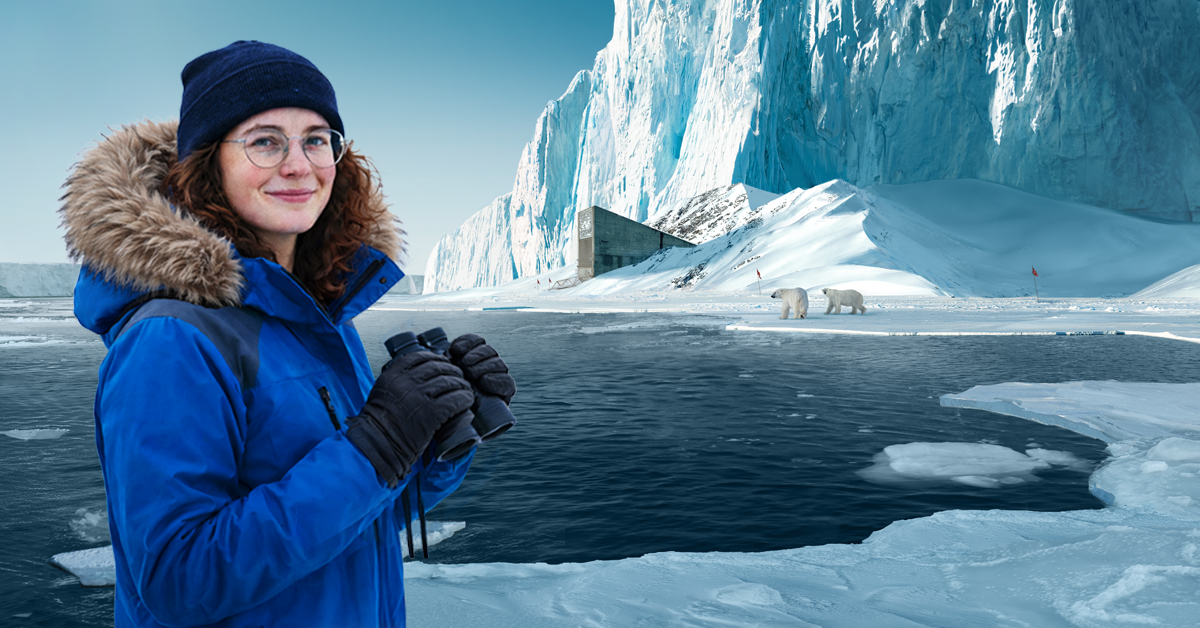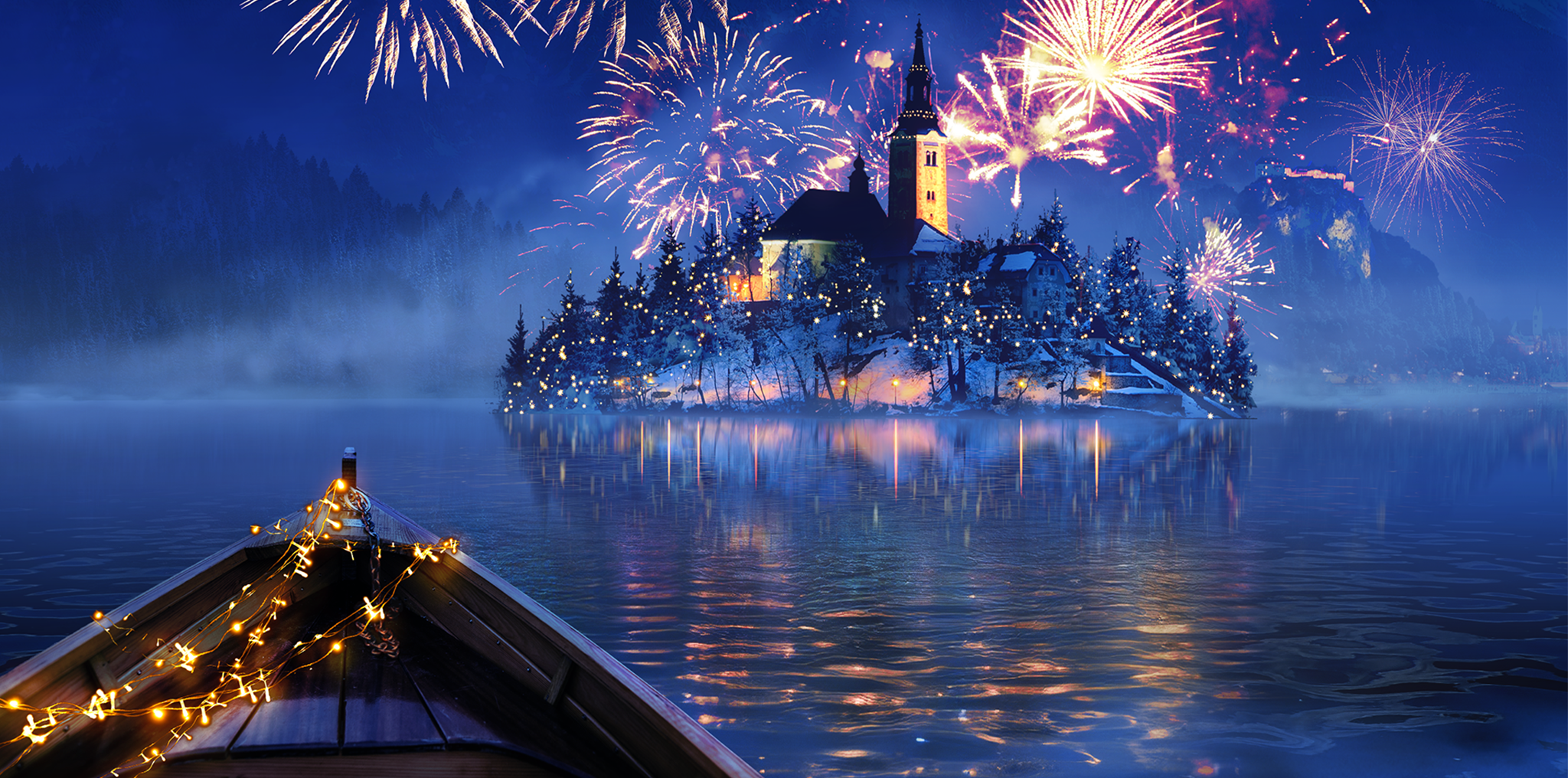
Maldives and the glow of memories
Today we’re arriving in the Maldives, the newest Fishing Clash fishery, where we’ll try something new using the already familiar. We’ll fish and catch new species this archipelagic country is home to, but also do some exploring using our trusty boats in the Fishing Quest. The Maldives Fishing Quest edition offers new depths for us to sink into and enjoy, which, hopefully, will stay in our memories for a while! In today’s article, we’ll dive into some curiosities connected to the Republic of Maldives, and reflect on why some of life’s events go by unnoticed, while others seem to stay with us longer.

A tropical spark
Although the geography that makes the Maldives one of the most gorgeous places on our planet hasn’t changed for centuries, the country only became renowned for it in the 1970s. Until that point, it was a quiet, little-known archipelago, sustained by fishing tuna and gathering coconuts. It was peaceful and serene, but modest. The turning point came when the Maldivian government committed to tourism and offered one of its islands to build a holiday resort, which turned out to be, putting it colloquially, hitting the jackpot. After the initial success, more tourist resorts opened, each occupying its own private island and offering visitors a unique sense of seclusion. The country not only could afford it in terms of space – it almost seemed destined to, as the nation is made up of nearly 1,200 islands grouped into natural atolls (though only about 200 of them are inhabited). So, to hand over a few islands for a global success in the travel industry doesn’t seem like a bad trade!
The “one island, one resort” concept soon became the country’s signature, transforming it into the archetype of paradise we know today: bungalows poised above crystal lagoons, white sands untouched by crowds, and coral reefs teeming with life. Word spread quickly through travel magazines, photographs, and later television, and what was once a humble archipelago became one of the most coveted holiday destinations on Earth. The global popularization of these magnificent views affected not just the Maldives and its people, but the very notion of what a good vacation could and should be. Many of us began associating sun-basked golden sand and a turquoise horizon with the perfect escape: a vacation memory that will render all the toil and hardships that preceded them worth it.
A glow in the night
Memories of our vacations, however infrequent, are curious creatures altogether. We’re able to recall each day of a week-long trip rather vividly, while if asked what exactly we were up to last Monday, we come up short. That one summer trip five years ago? Pretty painless to recollect, although so much time has passed since, but somehow we manage to “miss” an entire September, a whole season of events, at times even a whole year. One of the main reasons that our memories work this way is due to habituation – our ability to get used to things. This is why time seems to stretch when we’re young: everything is still bright, unfamiliar, new. As we get older, memories and the circumstances evoking them tend to get lumped together, making us forget the entirety of a specific Monday. It is the novel, the foreign, the unsuspected that seems to pave its way into our mind and create the unique decor that we later call memories.
A natural-occurring phenomenon in the Maldives illustrates our memory-related musings quite well. While most of the vacationing here happens during daytime – when tourists sunbathe, dip in the clear waters, go fishing, scuba diving, or snorkeling, and do any other activity imaginable under the sun – there’s something that happens only at night. Imagine strolling down the beach during nighttime to stumble upon what seems to be a reflection of the stars: specks emitting blue light, scattered across the sand, some gently rocked back and forth by waves. This spectacle is caused by microscopic organisms known as bioluminescent plankton, most often dinoflagellates such as Noctiluca scintillans. When disturbed by a wave, a splash, or even a single footprint, they emit a sudden flash of blue light through a chemical reaction.
The result is a shoreline that pulses with blue particles, turning some night walks into encounters with a living constellation at the edge of the sea. Although the phenomenon can appear on various islands across the archipelago, one of the most famous locations is Vaadhoo in Raa Atoll, sometimes nicknamed the “Sea of Stars.” The conditions that bring the glow are delicate, as the plankton requires warm waters, calm nights, and high concentration. Such sightings feel like rare gifts rather than guarantees, making them even more memorable and perfect as our metaphor of memories and their consolidation.

The light we choose
Radiating upon contact with something other than itself, the bioluminescent plankton acts similarly to a specific memory we hold. A memory needs to be jogged by an outside event to shine, whether the jog is triggered by a coworker asking how our vacation was, the smell of barbecue, or the weather that initially helped us decide and book the trip. The plankton, becoming more visible when there’s lots of it, also resembles remembrances: a single image we recall quickly fades away, but when framed by the right surroundings, it shines all the more intensely. Even the defensive nature of bioluminescence, a mechanism developed to stave off predators, is comparable to the nature of memories, as their original function wasn’t to give us something pleasant to return to during a busy day, but to remember threats and warn others of their existence.
The advantage we have, as conscious bearers of our memories, over something even as charming as the bioluminescent plankton is our ability to decide. We don’t just drift at the mercy of the elements, waiting for the perfect conditions to appear; we create our own circumstances whenever possible or rearrange stories so that we may fit them. And since as humans, we realize that our habits, tendencies, and patterns seem to speed up our experience of life. We’re able to choose a new route home, sign up for that pottery class we’ve always wanted, or talk to a neighbor with whom we’ve only exchanged hellos with. We don’t have to forfeit an entire year of memories, awaiting that yearly vacation trip, in order to have something to go back to. Our lives do not need to happen from one weekend to another, from one vacation to the next, or from the first milestone to the second one. Here, it’s best to follow the example of the Maldivian plankton, but with a human twist: amass an abundance of shimmering specks. Memories that don’t just shine in times of need, but rather form the luminous mosaic of our everyday experience.










